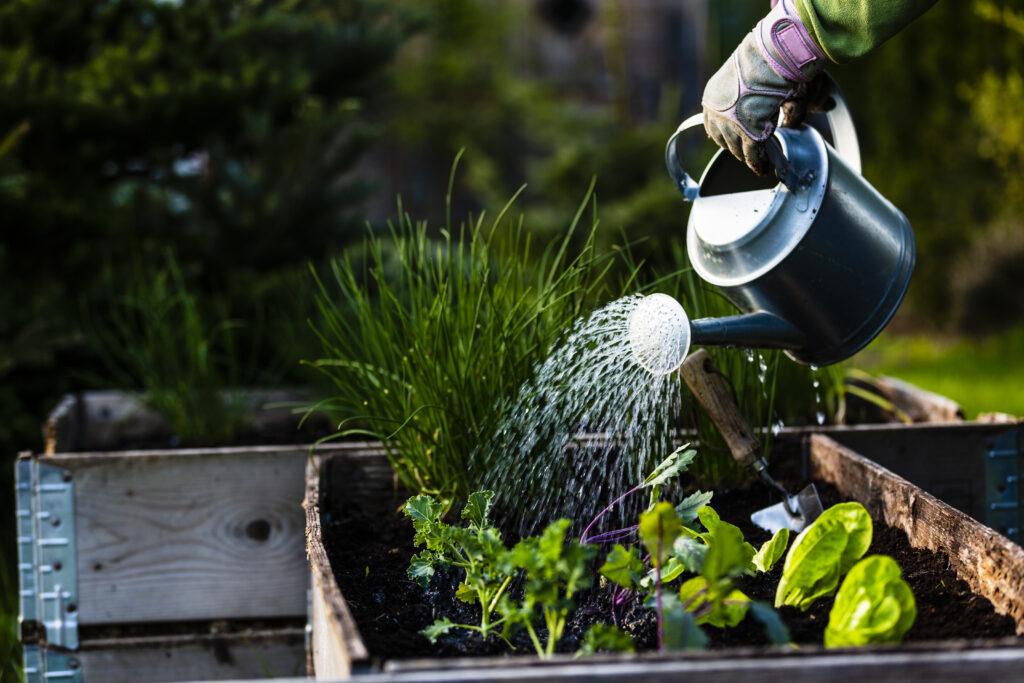When You Misread the Title of a New Yorker Article Called “Going Home with Wendell Berry” as “Going Down On Wendell Berry”
First you tease his hand-knit sweater with your greener thumb. You nudge it into that snail burrow beneath the wool. It is warm against Wendell Berry’s belly, and you consider leaving your thumb there forever. He would not mind. He would ask only that you join him at first light to hoe the earth, and not comment as he crumbles a pinch of soil between his fingers, and not ask how it is, exactly, that the particles fall in such perfect slo-mo. He would ask only that you join him under the hand-wrought pergola at the foot of his radish bed as he sips sugarless lemonade and pays gratitude to the clouds and the mycorrhizal network. He would ask only that you not try to his read his lips as they involuntarily mouth the objects of his gratitude. You think you catch him mouthing “Doritos,” but as you start to ask, he catches your eye in a steely way that tells you to back off.
Out of boredom, you tug a little on the navy wool of Wendell Berry’s sweater, undoing the cocoon in which you realize your thumb has begun to hope to turn into something new. He shudders a little at the ripple of cold air against his abdomen. Your thumb is saying: No, let us not go any further. Let us not do what we are programmed to do, how society and evolution have wired us to reap our worth. Let us instead stay here forever, above the waistband. Let us incubate in the warmth of Wendell Berry’s agricultural exertion. Let us listen to the roiling music of digestion. Let us crane to hear the music of the dirt—over half of Earth’s biodiversity clanging and gnawing and joining filaments beneath our feet, showing us another way to flourish, prospering by mending. Let us forget, temporarily, about the world beyond this farm, where roads are wet with oil slicks, clouds are pricked with jets, and flesh too easily torn open by lead traveling faster than the speed of sound. Let us believe we can go back to a time when man did not yet know about the stockpile of sunshine waiting beneath the soil—sunshine stolen by plants and condensed by time into a black reduction that can equip our every last fear. Let us believe the way back is through restraint: treading water by fingering dirt.
Wendell Berry has finished his glass of lemonade. He would like you to watch while he washes it with a garden hose. The very same garden hose he had in his boyhood. “Some inventions,” he chuckles, “don’t need upgrades!” It is the color of the flowerpot, from a time before your time, when hoses were not green.
He rinses the glass and, again, the droplets go instantaneously slo-mo. You wonder if Wendell Berry has ever been in a car wash. If he has sat back as his hulking vehicle is pulled onto a conveyor belt, as the lolling noodles slap and tickle his windshield, hiding him away, temporarily, from everything. You’re sure he could put the experience into better words but you doubt he’s ever had the pleasure.
So this is where the scene fades to black. You, with your thumb pressed to Wendell Berry’s belly, wondering if it will be able to resist gravity, trying to imagine what Wendell Berry would see in a car wash, wondering if his own thumb would head for the radio and twiddle the dial until he found some techno, and if he would then lean back, palms behind his head, leaving the steering wheel naked for a few moments (How long do you get in a car wash?) allowing himself to get lost in the suds and swashes, forgetting his fight, forgetting his dirt, forgetting the millions of strands of fungi reaching out to heal one another in the dark, forgetting that the car wash itself is an animate temple to his sworn enemy, forgetting about whether the moon is slowly getting closer or further from the Earth, and which it is of those two he fears more.
Copyright
© The Paris Review

